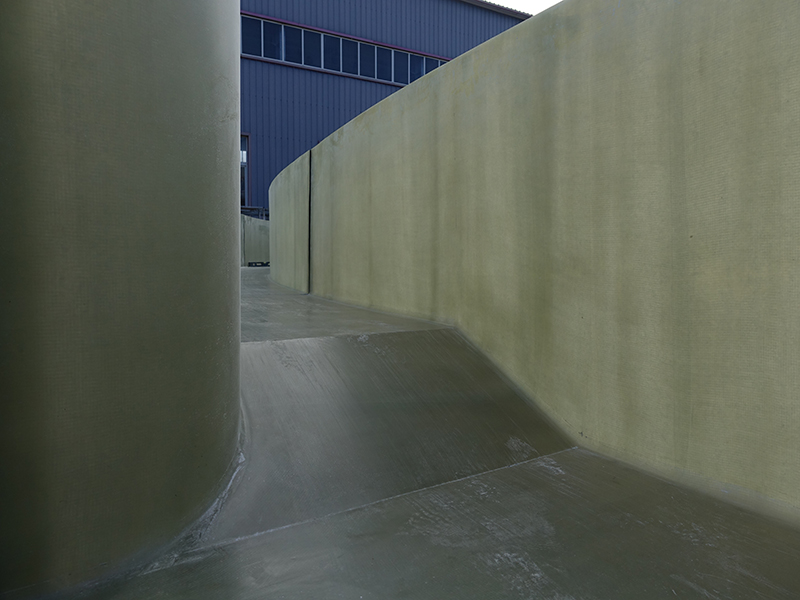
-
 Afrikaans
Afrikaans -
 Albanian
Albanian -
 Amharic
Amharic -
 Arabic
Arabic -
 Armenian
Armenian -
 Azerbaijani
Azerbaijani -
 Basque
Basque -
 Belarusian
Belarusian -
 Bengali
Bengali -
 Bosnian
Bosnian -
 Bulgarian
Bulgarian -
 Catalan
Catalan -
 Cebuano
Cebuano -
 China
China -
 China (Taiwan)
China (Taiwan) -
 Corsican
Corsican -
 Croatian
Croatian -
 Czech
Czech -
 Danish
Danish -
 Dutch
Dutch -
 English
English -
 Esperanto
Esperanto -
 Estonian
Estonian -
 Finnish
Finnish -
 French
French -
 Frisian
Frisian -
 Galician
Galician -
 Georgian
Georgian -
 German
German -
 Greek
Greek -
 Gujarati
Gujarati -
 Haitian Creole
Haitian Creole -
 hausa
hausa -
 hawaiian
hawaiian -
 Hebrew
Hebrew -
 Hindi
Hindi -
 Miao
Miao -
 Hungarian
Hungarian -
 Icelandic
Icelandic -
 igbo
igbo -
 Indonesian
Indonesian -
 irish
irish -
 Italian
Italian -
 Japanese
Japanese -
 Javanese
Javanese -
 Kannada
Kannada -
 kazakh
kazakh -
 Khmer
Khmer -
 Rwandese
Rwandese -
 Korean
Korean -
 Kurdish
Kurdish -
 Kyrgyz
Kyrgyz -
 Lao
Lao -
 Latin
Latin -
 Latvian
Latvian -
 Lithuanian
Lithuanian -
 Luxembourgish
Luxembourgish -
 Macedonian
Macedonian -
 Malgashi
Malgashi -
 Malay
Malay -
 Malayalam
Malayalam -
 Maltese
Maltese -
 Maori
Maori -
 Marathi
Marathi -
 Mongolian
Mongolian -
 Myanmar
Myanmar -
 Nepali
Nepali -
 Norwegian
Norwegian -
 Norwegian
Norwegian -
 Occitan
Occitan -
 Pashto
Pashto -
 Persian
Persian -
 Polish
Polish -
 Portuguese
Portuguese -
 Punjabi
Punjabi -
 Romanian
Romanian -
 Russian
Russian -
 Samoan
Samoan -
 Scottish Gaelic
Scottish Gaelic -
 Serbian
Serbian -
 Sesotho
Sesotho -
 Shona
Shona -
 Sindhi
Sindhi -
 Sinhala
Sinhala -
 Slovak
Slovak -
 Slovenian
Slovenian -
 Somali
Somali -
 Spanish
Spanish -
 Sundanese
Sundanese -
 Swahili
Swahili -
 Swedish
Swedish -
 Tagalog
Tagalog -
 Tajik
Tajik -
 Tamil
Tamil -
 Tatar
Tatar -
 Telugu
Telugu -
 Thai
Thai -
 Turkish
Turkish -
 Turkmen
Turkmen -
 Ukrainian
Ukrainian -
 Urdu
Urdu -
 Uighur
Uighur -
 Uzbek
Uzbek -
 Vietnamese
Vietnamese -
 Welsh
Welsh -
 Bantu
Bantu -
 Yiddish
Yiddish -
 Yoruba
Yoruba -
 Zulu
Zulu
Fiberglass Food Grade Equipment | Features & Benefits
A Closer Look at Fiberglass Food Grade Equipment Features and Benefits
In the world of food processing and handling, maintaining safety and hygiene is paramount. One material that has gained significant recognition for its utility in the food industry is fiberglass. Fiberglass food grade equipment is designed to meet stringent health and safety standards while offering unique features that set it apart from traditional materials.
What is Fiberglass Food Grade Equipment?
Fiberglass, a composite material made from fine glass fibers and resin, is lauded for its lightweight and durable nature. Food grade fiberglass is specifically formulated to be safe for food contact, ensuring that it does not leach harmful substances into food products. This makes it an excellent choice for a variety of equipment used in food processing, storage, and transportation.
Key Features of Fiberglass Food Grade Equipment
1. Durability One of the standout features of fiberglass is its durability. Unlike metal or plastic components, fiberglass is resistant to rust, corrosion, and impact. This longevity reduces the need for frequent replacements, which can save businesses both time and money.
2. Weight Fiberglass is significantly lighter than many traditional materials. This lightweight nature enhances mobility and ease of handling, making it easier for workers to move equipment around, which is particularly beneficial in dynamic food processing environments.
fiberglass food grade equipment a closer look at its features and

3. Thermal Insulation Fiberglass exhibits excellent thermal insulating properties, which is crucial in food handling. It helps maintain temperature control during storage and transportation, thus preserving the quality and safety of food products.
4. Easy to Clean Hygiene is critical in the food industry, and fiberglass is non-porous, making it easy to clean and sanitize. The smooth surface prevents the accumulation of bacteria and other contaminants, ultimately helping to maintain food safety.
5. Customization Fiberglass can be molded into various shapes and sizes, allowing for customization to meet specific operational needs. This versatility ensures that businesses can get equipment tailored to their processes, enhancing efficiency and effectiveness.
Applications in the Food Industry
Fiberglass food grade equipment finds applications in numerous areas, including but not limited to food storage tanks, conveyor components, processing equipment, and even countertops in commercial kitchens. Its resilience and safety features make it suitable for both wet and dry applications, offering unparalleled flexibility.
Conclusion
In conclusion, fiberglass food grade equipment is revolutionizing the food industry by providing a safe, durable, and efficient alternative to traditional materials. Its unique features—such as durability, weight, thermal insulation, ease of cleaning, and customization—make it particularly well-suited for food-related applications. As food safety continues to be a top priority, the incorporation of fiberglass equipment will likely grow, ushering in a new standard for food processing and handling solutions. By choosing fiberglass, businesses can enhance their operational efficiency while ensuring compliance with health and safety regulations.









